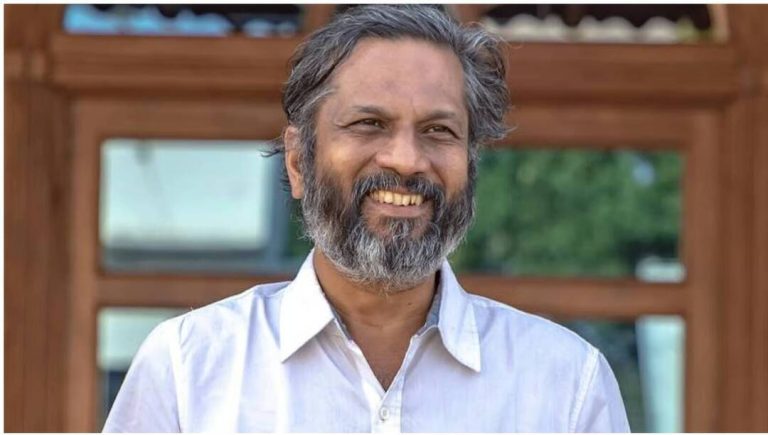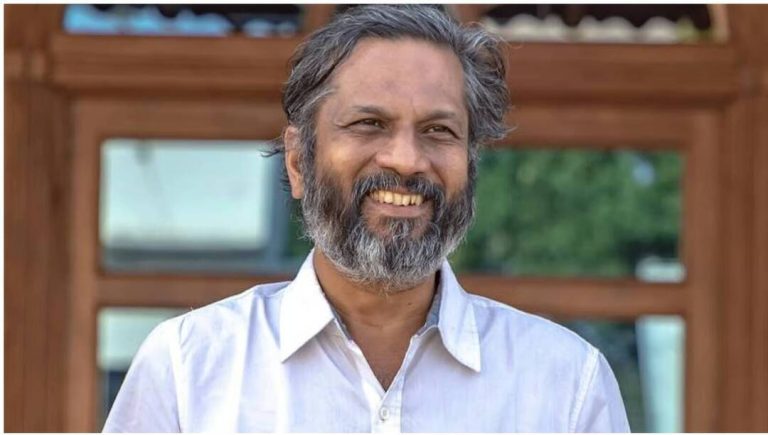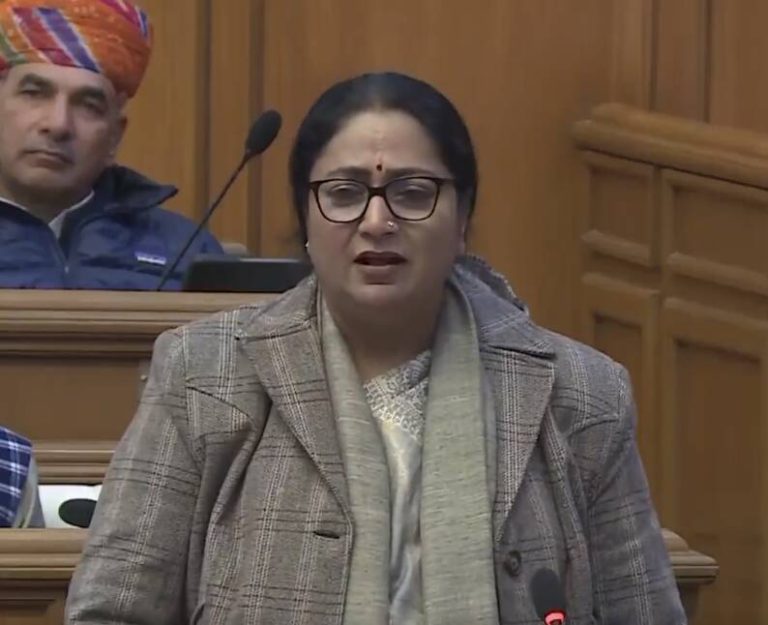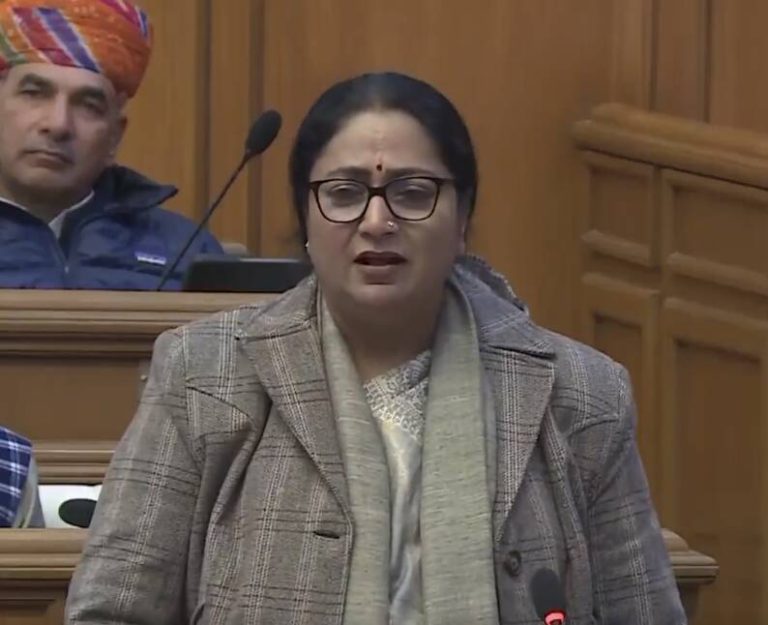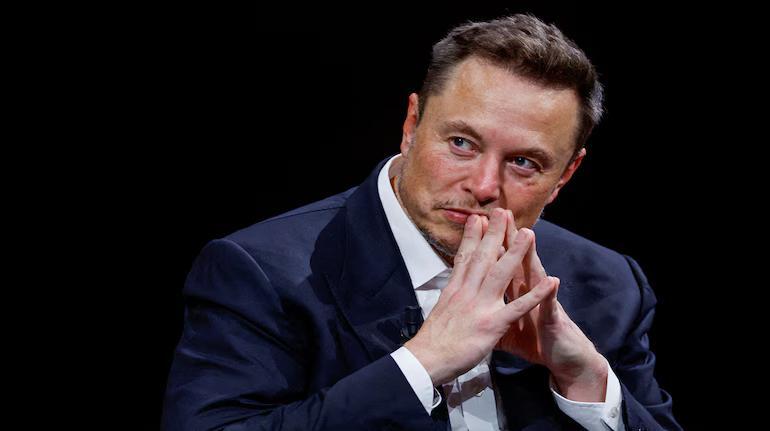
Poverty an engineering issue, AI & humanoid robots will end it: Musk
The world has been grappling with the issue of poverty for centuries, with various approaches being taken to eradicate it. However, according to billionaire and xAI CEO Elon Musk, the solution to poverty lies in engineering. Musk recently opined that poverty is an engineering issue, and artificial intelligence (AI) and humanoid robots will be the key to eliminating it. This statement was made at the US-Saudi Investment Forum, where Musk emphasized that AI and robotics are the only way to make everyone wealthy.
Musk’s statement may come as a surprise to many, as the traditional approach to addressing poverty has been through economic and social means. However, Musk’s perspective is that poverty is a problem that can be solved through technological advancements. He believes that as AI and robotics advance, they will be able to automate many tasks, freeing humans from mundane and labor-intensive work. This, in turn, will lead to a significant increase in productivity and efficiency, resulting in a surplus of resources that can be used to eradicate poverty.
One of the primary ways in which AI and humanoid robots can help eliminate poverty is by taking over tasks that are currently performed by humans. For example, robots can be used to work in factories, farms, and other industries, freeing humans from these tasks and allowing them to focus on more creative and high-value work. Additionally, AI can be used to manage and optimize resources, reducing waste and increasing efficiency. This can lead to a significant reduction in the cost of goods and services, making them more accessible to people who are currently living in poverty.
Another way in which AI and humanoid robots can help eliminate poverty is by providing new opportunities for employment and entrepreneurship. As AI and robotics advance, new industries and job opportunities will emerge, providing people with the chance to start new businesses and pursue new careers. For example, the development of autonomous vehicles is creating new opportunities for jobs in the transportation sector, while the growth of the renewable energy industry is creating new opportunities for jobs in the energy sector.
Musk also stated that as AI and robotics advance, money will eventually stop being relevant in the future. This may seem like a radical idea, but it is based on the concept of a universal basic income (UBI). The idea of UBI is that every citizen will be guaranteed a minimum income, regardless of their employment status. This will ensure that everyone has access to the resources they need to live a dignified life, regardless of their economic circumstances. With the help of AI and robotics, it may be possible to provide a UBI to everyone, eliminating the need for traditional employment and the concept of money as we know it.
While Musk’s ideas may seem like science fiction, they are based on the rapid advancements that are being made in the field of AI and robotics. For example, companies like Tesla and Waymo are already using AI to develop autonomous vehicles, while companies like Amazon and Walmart are using robots to manage their warehouses and supply chains. These advancements are not only improving efficiency and reducing costs but also creating new opportunities for employment and entrepreneurship.
However, there are also challenges and risks associated with the use of AI and humanoid robots to eliminate poverty. One of the primary concerns is the potential for job displacement, as AI and robots take over tasks that are currently performed by humans. This could lead to significant social and economic disruption, particularly in industries where jobs are already scarce. Additionally, there are concerns about the potential for AI and robots to exacerbate existing social and economic inequalities, particularly if they are not designed and deployed in a way that benefits all members of society.
To address these challenges, it is essential to develop policies and regulations that ensure the benefits of AI and robotics are shared by all. This could include investments in education and training programs, to help workers develop the skills they need to work with AI and robots. It could also include the development of social safety nets, such as UBI, to ensure that everyone has access to the resources they need to live a dignified life.
In conclusion, Musk’s statement that poverty is an engineering issue and that AI and humanoid robots will eliminate it is a thought-provoking idea that challenges traditional approaches to addressing poverty. While there are challenges and risks associated with the use of AI and robots, the potential benefits are significant. By harnessing the power of AI and robotics, we may be able to create a future where everyone has access to the resources they need to live a dignified life, regardless of their economic circumstances.
